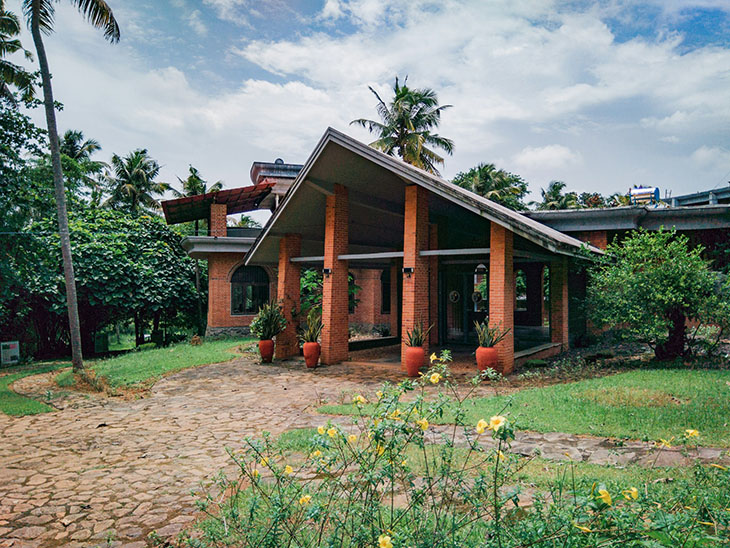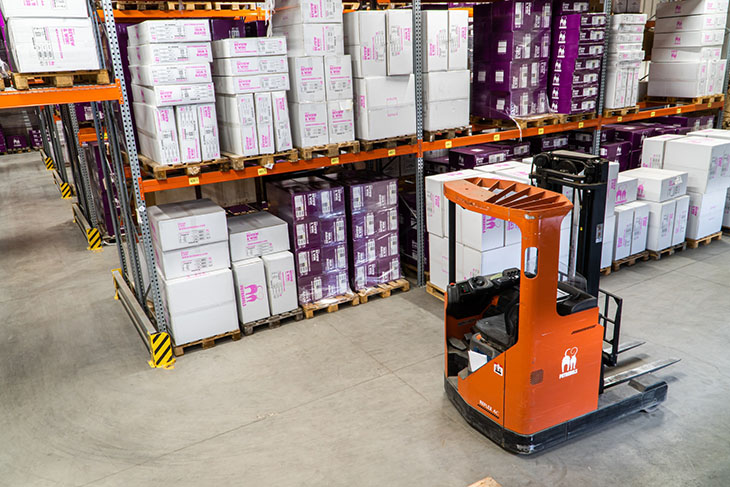The Ceremonyof granting IMS Certificate was held at Moscow on June 17, 2014.
GunnarCastberg, Country manager for DNV GL certification unitinRussia, presented the certificate for successful implementation of an integrated management system at the company breweries to Isaac Sheps,CEO of Baltika.Being part of the CarlsbergGroup, Baltika will share its expertise with the rest of the Group,it is expected that integrated management system will be implemented in the Group by 2018.
Throughoutitshistory, BaltikaBreweries aims to meet the needs and expectations of all its stakeholders – customers and consumers, employees, society and shareholders. In quality management, environmental protection, health&safety and food safety the company has been guided by recognized international standards ISO 9001, ISO 14001, OHSAS 18001 and ISO 22000.
In the beginning of 2013,the company decisionto implement an Integrated Management Systembecame theturningpointinthedevelopmentofqualitymanagementsystems. Asserting the IMSBaltika determined thesame rules for all company employeesin the mentioned areas.Overthelastyearallsystem procedures were implementedinlinewithinternational standards: the IMS policy has been developed, major rules and regulations reviewed, employees received relevant training, risk assessment conducted in health&safety, environmental protection and food safety, plans for risk mitigation strategies developed.
Inspring2014,one of the world's leading certificationregistrarsDet Norske Veritasconducted certification audits at the company breweries. Baltikahas proven to comply with international standards for IMS certification.
“TheIMScertificatedemonstratesthatthecompanyindeedcaresaboutdifferent areas of its business processes and sets the bar high by defining strict requirements and meeting them in everyday work.Today Baltika is among the few companies in Russia that have an integrated management system for all four standards,” says GunnarCastberg, Country Manager at DNV GL Group, Russia.
“Baltika is one of the youngest companies in the Carlsberg Group,celebrating next year its 25th anniversary. Since its foundation, the company has been using highly developed systems in quality management, environmental protection, health&safety and food safety. Building an integrated management system is yet another proof that we are the market leader open for new innovative methods to develop our business. I am proud that other companies in the Group will useBaltika’s expertise and continue implementing IMS elsewhere. And by 2018 a single integrated management system will be created in the Carlsberg Group. We, Baltika, are the firstmovers in this area. WewillsupportothermarketsintheGroupand share our experience with other companies in Russia,” said Isaac Sheps, CEO Baltika Breweries.
DNV GLis one of the world’s leading certification bodies, reliable partner helping clients drive quality, safety, and efficiency. We help our customers win trust of shareholders and build sustainable business platforms. Having issued over 70 000 certificates all over the world, DNV GL is committed to ensure safety, quality and environmental protection. FormanyyearsweareapreferablecertificationpartnerforFortune 500 companies and SMEs.
JSC Baltika Breweries, part of the Carlsberg Group, is one of the biggest Russian FMCG companies; from 1996 it has been No. 1 on the Russian beer market. Baltika owns 10 breweries in Russia and has a wide brand portfolio. The company is a significant part of Carlsberg Group and its Eastern Europe region, which also includes Azerbaijan, Belarus, Kazakhstan, Ukraine and Uzbekistan. Baltika Breweries is a leading exporter of Russian beer: its products are represented in more than 75 countries around the world. The Baltika brand rates first in Europe in sales (Euromonitor).
In 2012, Carlsberg Group and Baltika signed a Memorandum of Understanding with the United Nations Industrial Development Organization (UNIDO), stipulating the implementation of major environmental projects in Russia concerning the water resources, agriculture and climate change issues, for a sum of 1 billion rubles within five years. This public-private partnership is the first of its kind in Russia and represents a new approach to environmental sustainability.
























